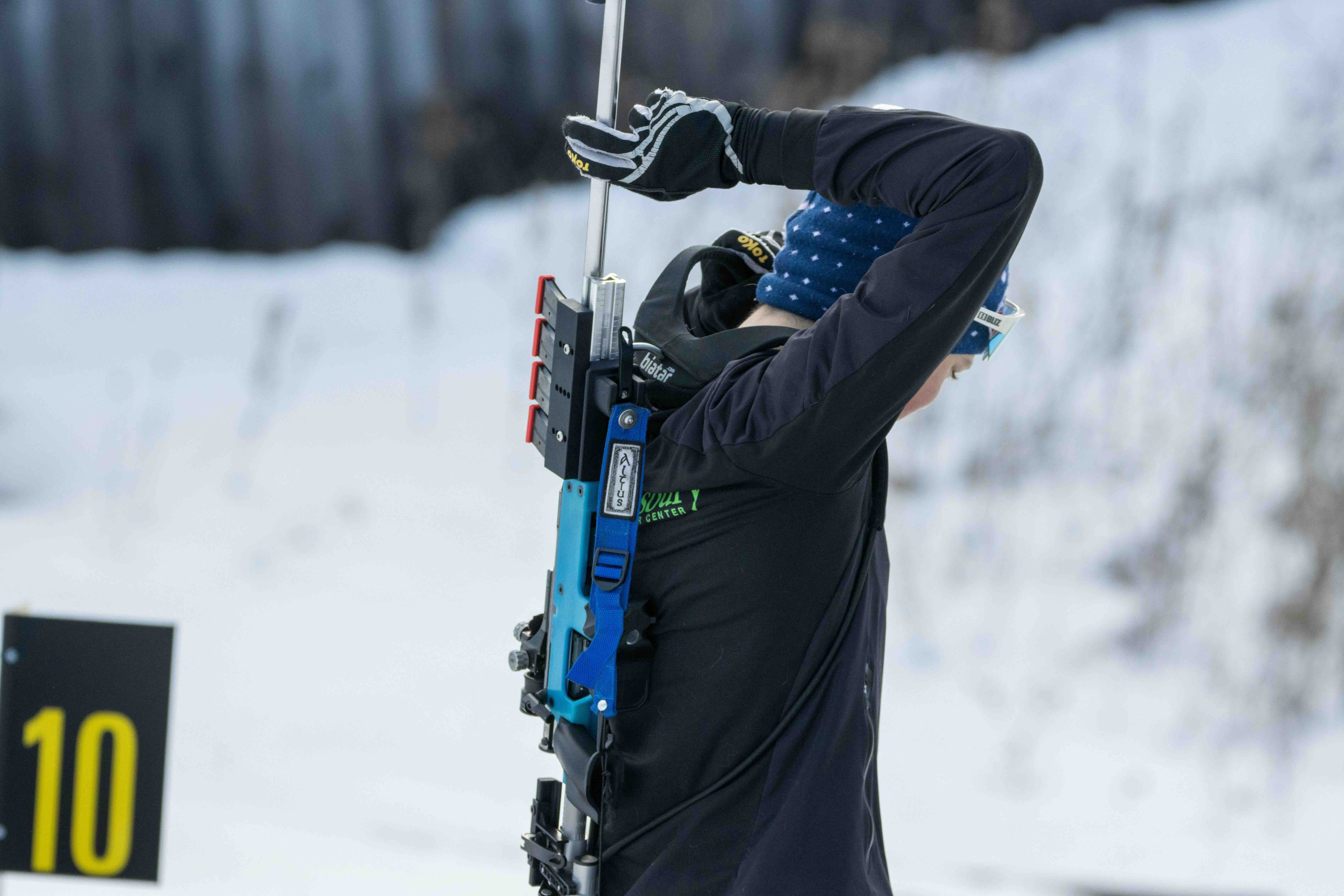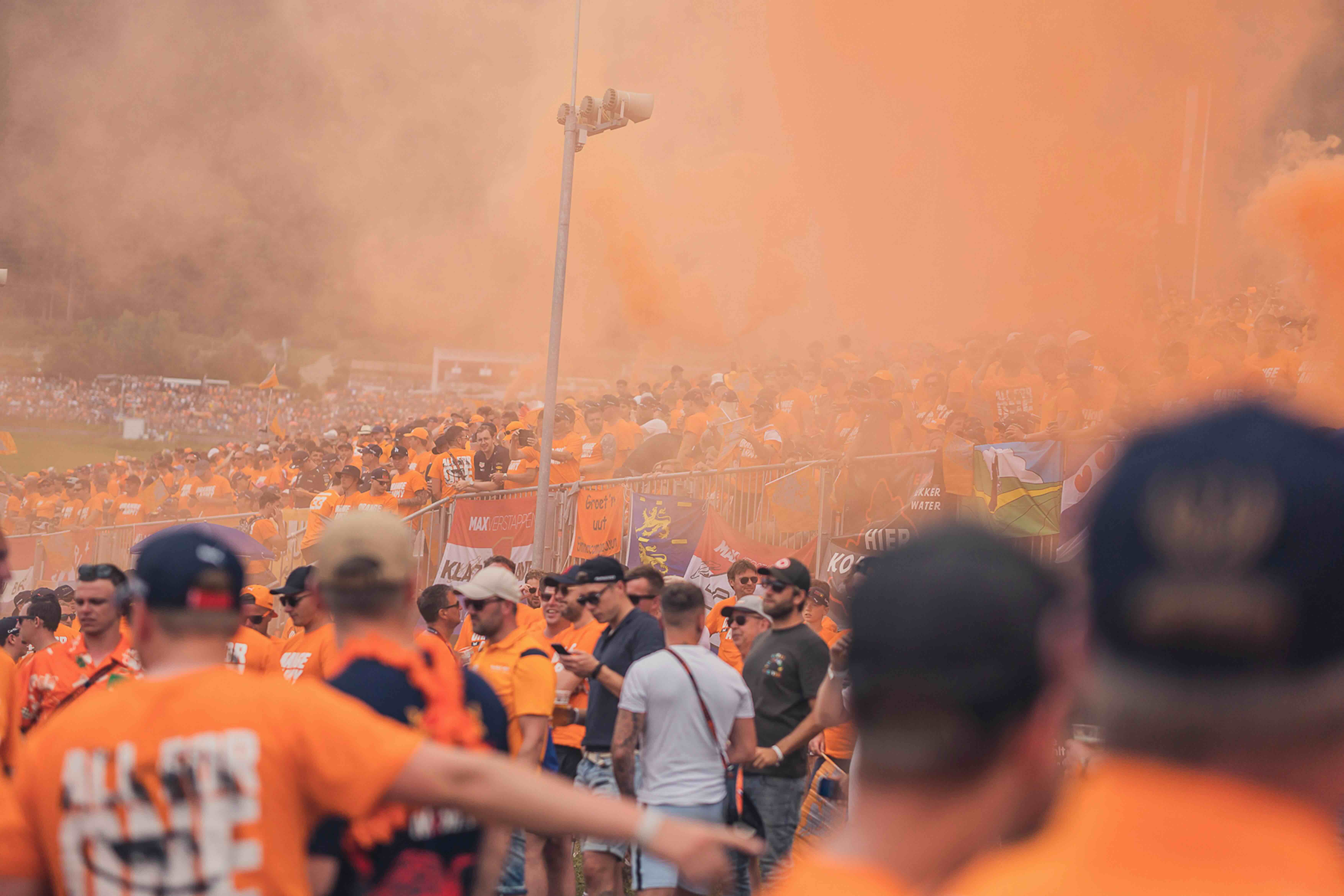.jpeg)
Sports Related Therapy Modalities
Therapeutic support can be extremely valuable in healing from trauma. Trauma can occur when one experiences misconduct in sport – such as physical, sexual, verbal, and/or emotional manipulation, harassment, and/or assault. Survivors can utilize many evidence-based therapy modalities or styles to help them heal from such horrific events. More traditional forms of therapy for trauma healing include cognitive behavioral therapy, dialectical behavioral therapy, neurofeedback, eye movement desensitization and reprocessing, narrative therapy, art therapy, internal family systems, and hypnotherapy. In connection to #WeRideTogether’s focus on athletics, this article highlights movement and sports-related therapy options that are accessible for trauma treatment. These trauma-informed therapy options can also be combined with traditional approaches and engaged in stages across one’s healing journey. There is no-one-size-fits-all approach to healing trauma, and sometimes you have to try a few choices to see what suits your mind, body, and psyche. Ultimately, the best healing modality is the one that feels right for you!
Sports-related therapy modalities refer to types of treatment that incorporate physical movement and exercise, such as equine, yoga, dance, and martial arts options. These examples have been studied and evaluated to be effective in certain settings for survivors of trauma. Specific guided experiences that occur during these activities can be aligned with trauma healing treatment goals and be conducted in trauma-informed manners, supporting survivors in creative and unique ways. Research from the Trauma Research Foundation shows that a major component of a trauma response can include physiological changes to the body. Often trauma is ‘stored in the body’ via stress hormones, causing psychosomatic imbalances. This can set one’s sympathetic nervous system into overdrive, causing dysregulation for the mind and body. Calming parasympathetic responses can be created through meditation and breathwork to increase awareness and regulation. Additionally, particular movements can help release tension throughout the body and support the nervous system.
Sports-related modalities also provide alternative options for survivors who experience difficulty in verbally processing trauma or sitting still for a more traditional therapy session. Sometimes survivors may also struggle to be present in their body and mind, experiencing dissociation, after a traumatic event. Modalities that are sports-related, movement, or activity-based, though all unique in their format and programming, similarly work to address these struggles. These therapies guide the survivor through focus-demanding tasks and skill-building, which helps them process and cope with trauma, while increasing their mind-body connection. These methods also rely on meeting the individual where they are in their healing journey, accessing their own unique strengths and interests. These positive, mindful, and strengths-based approaches place emphasis on promoting growth and can help build the survivor’s confidence, self-esteem, and resilience.
In thinking about restoring preferred emotions and experiences in the mind and body, movement and sports-related experiences can also support survivors to feel states of flow. A flow state is accessed when one is completely absorbed in their present activity, and time seems to disappear. Well-studied in research on the science of happiness, flow states have been shown to support emotional regulation, increase motivation, and reduce stress. With the guidance of a therapist, a survivor can find the appropriate intersection of competence and challenge in the sport activity to achieve a flow state when their mind and body are fully engaged. This supports the survivor to be present, benefit from the release of endorphins (neurotransmitters that help one feel good), and even often experience joy.
As mentioned, some sports-related therapy modalities to consider include equine, yoga, dance, and martial arts options. Each of these modalities is evidence-based and targets healing trauma through movement and connection between the mind and body. Each modality has its own structure in which the survivor is guided through practices to support their specific trauma healing journey. These modalities can be utilized one-on-one with a therapist, two-on-one with a therapist and facilitator/coach/or animal handler, or in small group settings. These therapeutic relationships are key! Though trauma can result from misconduct in relationships, we paradoxically heal through safe and healthy relationships. Recovery relies on healing the heart, building trust through engagement, processing, and connection. It is well proven that the most effective part of therapy is not any particular modality, but the therapeutic relationship itself between the survivor and professional. Therefore, make sure that whichever modality you choose, you find a provider and/or group that you are comfortable with and feel seen, heard, appreciated, and respected.
When looking for these modalities in your area, confirm that the provider is certified and/or licensed for their modality. Research your options – the providers, the organizations, the modality – and look at reviews if possible. Ensure they are a good fit for you, trust your gut, and know that you can always change your mind, combine, and try various modalities. Interviewing offerings through introductory calls can help you determine if the therapist or program may be a good match. Then, giving a solid commitment is key as healing is a non-linear journey that takes time and effort. These steps help protect your heart, mind, and body and increase self-trust and trust in others. Trauma healing is hard work and may evoke some big emotions at times, but above all, it should not be retraumatizing. Safe spaces and safe providers are out there. And, you may even have some fun participating in a new sport!
Additional Resources to Explore:
- Better relationships with patients lead to better outcomes
- How to Find a Therapist
- How to Find an Equine Therapist
- Dance/Movement Therapy and Sexual Abuse
- TCTSY is the Original Yoga for Trauma
- Trauma Research Foundation
- Flow States
Kathryn McClain, MSW, MBA
Program and Partnerships Director at #WeRideTogether



.png)
